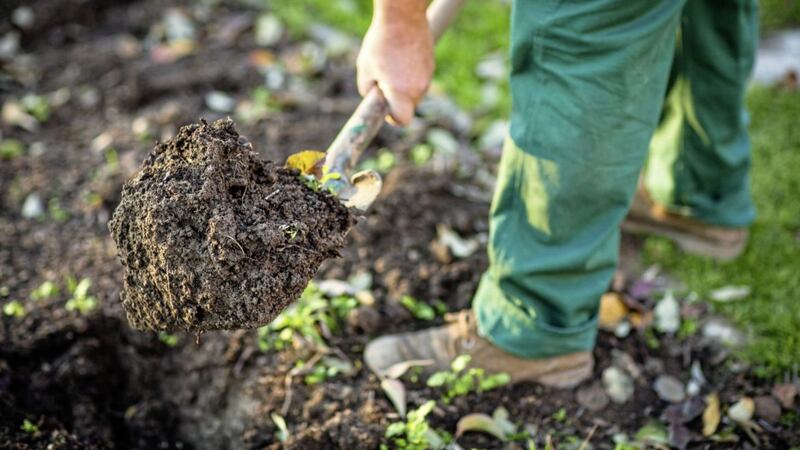IN ITS predictions for what's likely to prove popular with gardeners in 2020, the Royal Horticultural Society (RHS) forecast two related trends – among others – that see ideas about sustainability and self-sufficiency coalesce.
OK, so it’s maybe a big leap from a bit of grow-your-own to self-sufficiency but it’s a step in the right direction at least. And a modest one too that will hopefully go unnoticed by the farming lobby, who are no doubt poised ready to complain about the threat to livelihoods posed by countrywide veg patches.
"Food growing becomes an obvious route for many in helping to support the environment, by reducing plastic use and countering food miles, as well as building connections in more communal settings," said the RHS.
While chillies remain the gardener’s number one choice owing to their ease of growing, colour and varieties boasting names such as ‘Etna’ and ‘Meek and Mild’, legumes such as beans, peas, chickpeas and lentils are displacing more traditional choices such as parsnips and calabrese, the RHS predicted.
In addition to changing preferences for crops, there's also a renewed focus on the sustainability of the growing medium.
“Gardeners will increasingly consider what their plant is grown in, the turning to more sustainable growing media such as wood fibre and green waste compost, sowing cover crops to increase nutrient levels and quality, and adopting the ‘no dig’ philosophy to limit damage to soil structure and wildlife,” said the RHS.
If you too plan to increase the focus on your soil in the months ahead then there's two positive actions you can take at present to help maintain and enhance its fertility.
Firstly, cover the ground, as winter's wet weather can wash much of the goodness from your vegetable garden if the soil is left exposed.
Secondly, you should add nutrients and conditioner. By applying a mulch of home-made compost, you can fulfil both these aims with what qualifies as a 'no dig' method that lets nature do all the hard work.
Digging your soil will break it up and aerate it, which relieves compaction and improves drainage. But be sure to pick a dry day that's not too cold and approach the task in stages, digging bits at a time, as your back will thank you. Use the fork and your fingers to remove perennial weeds and big stones before you begin.
It's important to avoid walking on your soil, particularly when it's wet, as this will cause compaction, which makes the earth less amenable to young shoots as they seek out moisture and nutrients. Compacted soil, especially clay-based soil, dries out like a brick and will be impenetrable to roots.
Whether digging or not, ensure the organic material you incorporate is well balanced between green (nitrogen) and brown (carbon). For instance, if your manure is too fresh there's a chance your vegetables will have an adverse reaction or at best develop lots of lush, tender growth that will be susceptible to attack from pests and diseases.
Creating raised beds will help improve drainage and help retain fertility.
With the earth contained in beds, the nutrients are less likely to leech or be washed away by a heavy downpour. Likewise, the millions of small granules and particles that make up your soil won’t get washed away. Another advantage to a raised bed is that you can lay a plank across it that enables you to work the earth without having to stand on it.








